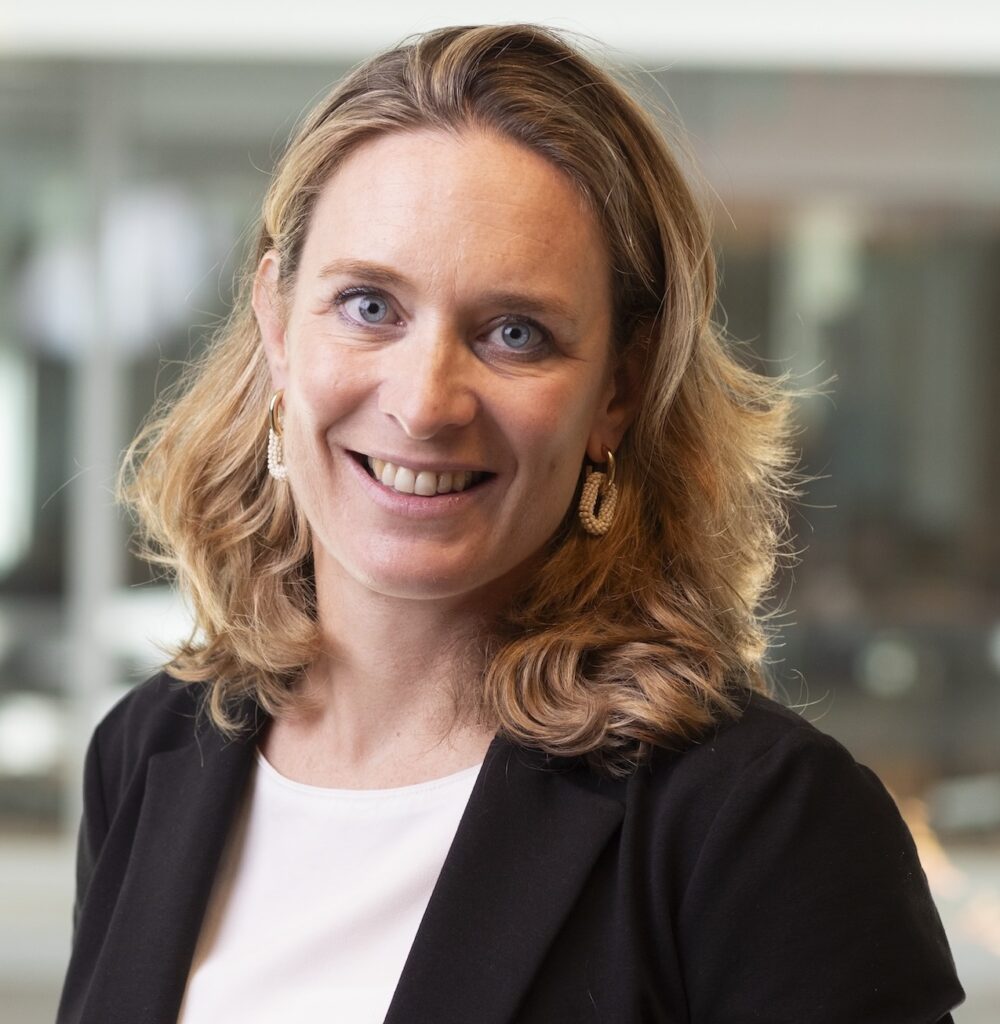
July 2024 – Corine Duitman is Director of the Department of Public Safety of the municipality of Rotterdam, Efus’ Vice President city. With a 20-year experience, she is a strong advocate of European cooperation.
Rotterdam has been part of Efus for many years, why do you think it is important to be in this network?
Corine Duitman: Being part of the Efus network provides us with access to a wealth of resources, information and expertise that can help us grow, innovate and share best practices. It enables us to achieve common goals more efficiently and effectively. Efus helps us navigate challenges and advocates our interest at a high level. It makes it more feasible to undertake ambitious goals. Overall, being part of Efus can significantly enhance our capabilities, reach and impact.
What are Rotterdam’s three main security concerns at the moment?
In recent years, the escalation of drug-related crime, youth crime and social unrest have become a pressing concern for us. These issues not only threaten public safety but also undermine the very fabric of our society.
Drug-related crime has seen a significant surge, driven by the proliferation of illegal substances and the networks that distribute them. Indeed, at the European level, 38% of all crimes committed in the EU are connected to international drug trafficking. The consequences are far-reaching, affecting not only the individuals directly involved but also their families and broader community. The violence associated with drug trafficking poses a direct threat to our safety.
We see youth crime as another alarming trend. Many young people, often from marginalised backgrounds, find themselves drawn into criminal activities. The factors contributing to this include lack of educational and employment opportunities, family instability and the influence of gangs. Youth involvement in crime not only jeopardises their future but also perpetuates a cycle of violence and criminality that is hard to break.
“Discussions on integration, immigration, religion and culture are becoming more intense. There seems to be less and less room for moderate messages.”
Social unrest, often fuelled by economic disparity and discrimination, further exacerbates the situation. Protests and civil disobedience, while sometimes necessary for voicing legitimate grievances, can escalate into riots and violent confrontations if not managed appropriately.
Moreover, some social discussions or conflicts that occur abroad lead to far-reaching tensions and polarisation in Rotterdam. The discussions on topics of integration, immigration, religion and culture are becoming more intense. Rifts between people are deepening, which increases misunderstanding. There seems to be less and less room for the message of moderate supporters or opponents.
The rise in drug-related crime, youth crime, and social unrest presents a complex challenge that demands coordinated efforts. By tackling the root causes and promoting a safer, more inclusive environment, we can hope to mitigate these issues and build a more resilient community.
Rotterdam has called for a coalition of European ports against drugs. Do you think cities, when they join together, can effectively act against organised crime?
We in Rotterdam are indeed convinced that European port cities need to cooperate more. Drug transport does not stop at national borders, and the imported drugs do not remain in the countries where they arrive. All of Europe sooner or later experiences the horrible consequences of drugs that enter Europe through the ports. As we all know, a lot of crime is drug related. Cities that collaborate can indeed be effective in combating organised crime. By working together, they can share intelligence, resources and best practices, creating a united front against criminal networks.
Collaboration allows for more comprehensive and coordinated efforts, such as joint operations which are crucial in addressing the complex and often international nature of organised crime.




